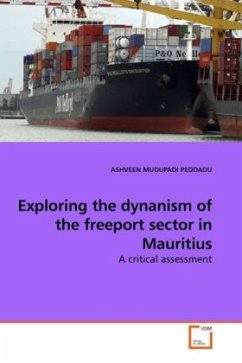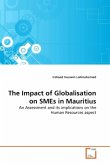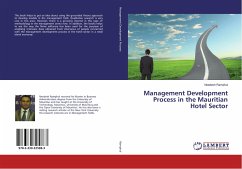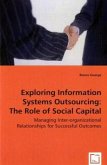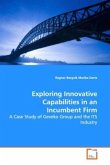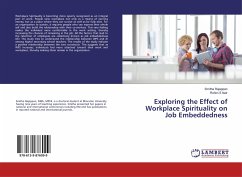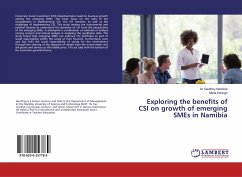The Mauritius Freeport has shown resilience to global economic situations over the years, mainly through its ability to adapt to the changing needs of the global logistics supply chain. In 1997, at a time of the Asian crisis where international investors were reluctant to invest in developing countries, the Mauritius Freeport was able to attract major foreign direct investments by initiating the development of the seafood hub. The seafood processing and warehousing infrastructure is today the biggest cold storage facilities in the Indian Ocean and is in full conformity to EU standards and HACCP norms. Today, the Freeport has reached a new milestone. Government s vision of Mauritius as the logistics hub for Africa and Asia and the potential offered by the accelerated growth of China and India pave the way for exciting times.
Bitte wählen Sie Ihr Anliegen aus.
Rechnungen
Retourenschein anfordern
Bestellstatus
Storno

